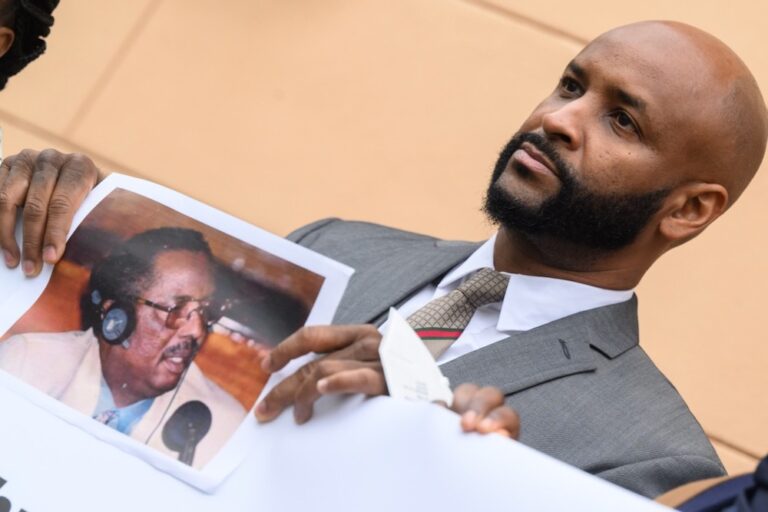(MFWA/IFEX) – The following is a 2 May 2008 MFWA press statement: MFWA urges governments of the Gambia and Niger to respect Press Freedom As the world celebrates World Press Freedom Day, tomorrow, May 3, 2008, Media Foundation for West Africa (MFWA) is once again drawing attention to the deteriorating press freedom situation in The […]
(MFWA/IFEX) – The following is a 2 May 2008 MFWA press statement:
MFWA urges governments of the Gambia and Niger to respect Press Freedom
As the world celebrates World Press Freedom Day, tomorrow, May 3, 2008, Media Foundation for West Africa (MFWA) is once again drawing attention to the deteriorating press freedom situation in The Gambia and Niger, where serious freedom of expression and press freedom violations continue unabated.
The regime of President Yahya Jammeh has for the past 13 years systematically repressed the media in The Gambia, forcing several journalists to flee the country for fear of their safety. The Gambian government and its agents have consistently failed to cooperate with the ECOWAS court hearing the case of Chief Ebrima Manneh, which is now awaiting final judgement on June 5, 2008. All media critical of government have been illegally closed down by the regime. More than two years after Deyda Hydara, an ardent critic of the regime, was killed by unknown assailants, the government still refuses to investigate his death.
Niger also is experiencing state repression of the media. Since a Tuareg led armed conflict broke out last year in the Northern part of the country, there have been continuous press freedom violations. Media institutions and journalists attempting to report on the rebellion are subjected to suspensions, arbitrary detentions, intimidations, threats and shutdowns.
Moussa Kaka, correspondent of Radio France International (RFI), has been detained since September 20, 2007, and faces life imprisonment if found guilty of the charges brought against him. Kaka is accused of “complicity in a plot against the authority of the State” in connection with recorded telephone conversations he had with a rebel leader.
Beyond the rebellion, recent developments indicate that the authorities are resorting to repressive legislation as a means of silencing the media. The use of criminal libel and defamation laws to gag journalists is now widespread
This significant day should encourage media rights advocates to bring to the attention of the world, the need for states to respect press freedom in particular and freedom of speech in general.
The MFWA considers the 2008 theme: “Freedom of Expression, Access to Information and the Empowerment of People” as timely and appropriate in that it would once again revive the debate on access to information.
We are happy that currently there is some progress in Liberia, with the first reading of a Freedom of Information Bill by the Legislature. However the slow pace of the enactment of Access to Information laws in Nigeria and Ghana is a matter of concern for the MFWA.
MFWA encourages human rights and press freedom defenders and civil society in general to intensify their advocacy, since that is one of the surest means of ending violence against journalists and individuals who seek exercise their rights to freedom of speech and expression.
We call on governments in the region to rededicate themselves to Article 9 of the African Charter on Human and Peoples’ Rights, which stipulates: “Every individual shall have the right to receive information. Every individual shall have the right to express and disseminate his opinions within the law.”


